English Literature: FAUSTUS (quotes)
1/14
There's no tags or description
Looks like no tags are added yet.
Name | Mastery | Learn | Test | Matching | Spaced | Call with Kai |
|---|
No analytics yet
Send a link to your students to track their progress
15 Terms

"Divinity, Adieu!"
A quote from the play "Enron" that reflects a character's disillusionment or farewell to higher ideals and moral integrity amidst corporate greed. Act 1 scene 1

"his waxen wings did mount
above his reach"
This quote expresses the theme of hubris and the dangers of ambition, referencing Icarus and the consequences of overreaching in pursuit of success. Act 1 scene 1

"a sound magician is a mighty god".
This quote from Act 1, Scene 1 of Marlowe's Doctor Faustus expresses Faustus's hubris and his desire for god-like power and knowledge through magic, highlighting his aspiration to transcend human limits.
“All things that move between the quiet poles / Shall be at my command.”

“What god can hurt thee, Faustus? Thou art safe.”
This quote from Doctor Faustus signifies Faustus's moment of false confidence and the illusion of invulnerability he feels after making a pact with the devil, showcasing the theme of hubris and the deceptive nature of power. A1 S3
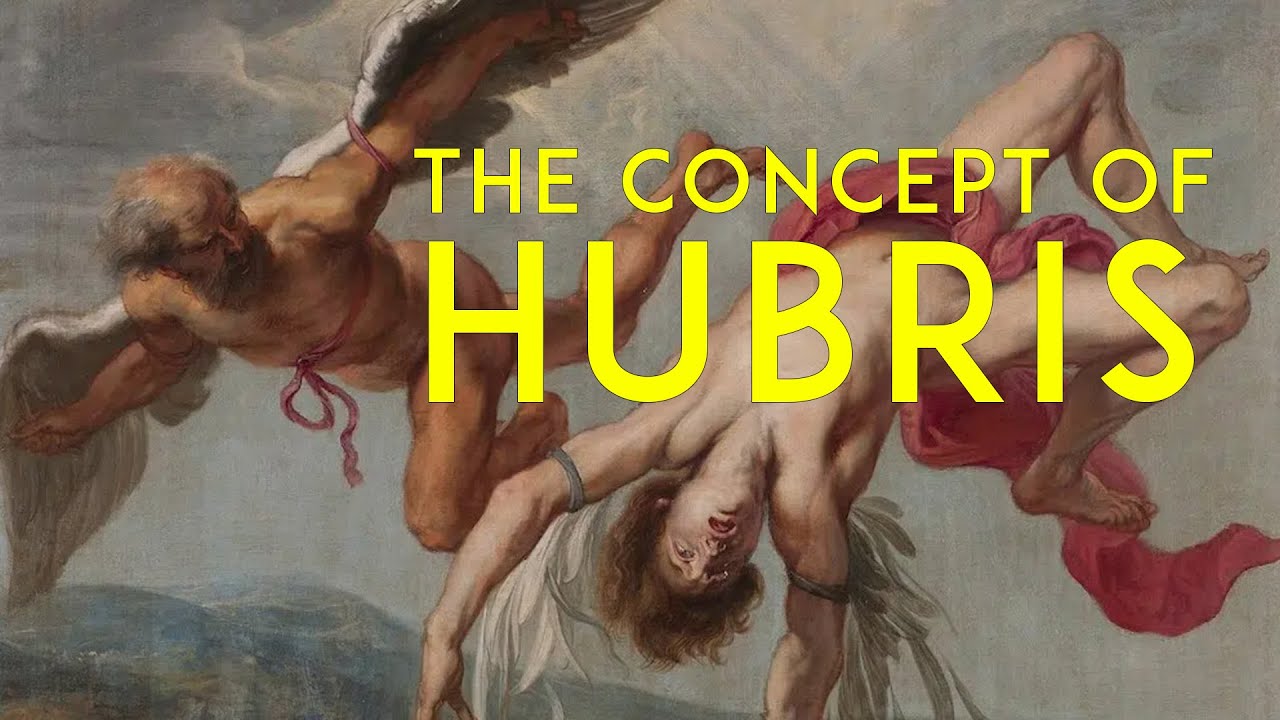
“Necromantic books are heavenly.”
This quote from Doctor Faustus reveals Faustus's profound fascination with and distorted reverence for forbidden magical knowledge. He perceives necromancy, often associated with dark arts, as 'heavenly' because it promises him the power and understanding he craves, reflecting his hubris and his rejection of traditional theological paths to divinity. A1 S3

“’Tis magic, magic that hath ravished me.”
This quote from Doctor Faustus expresses Faustus's intense and overwhelming fascination with magic. The word 'ravished' here denotes being captivated, enthralled, or carried away by the power and allure of magic, highlighting his deep obsession and the driving force behind his pursuit of forbidden knowledge. A1 S3
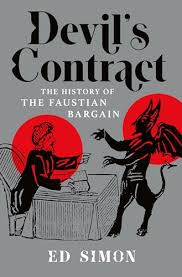
“Had I as many souls as there be stars, / I’d give them all for Mephistopheles.”
This quote from Doctor Faustus expresses Faustus's profound and desperate commitment to his deal with the devil. He is willing to sacrifice an unimaginable number of souls to gain the power and knowledge that Mephistopheles promises, highlighting his overwhelming ambition and the depth of his spiritual bargain. A1 S3
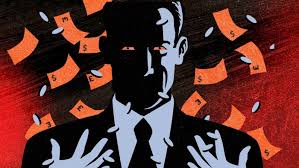
“I’ll have them fly to India for gold.”
“I’ll have them fill the public schools with silk.”
This quote from Doctor Faustus showcases Faustus's materialistic ambitions and his desire for extravagant displays of power and wealth after making his pact with the devil. He imagines using demonic servants to acquire vast riches from distant lands and effect lavish, impractical changes in society, highlighting his worldly desires and the misuse of his newly acquired supernatural abilities. A1 S3
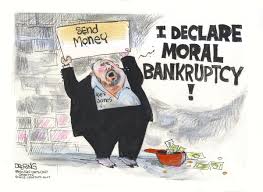
“Sweet pleasure conquered deep despair.”
He is using pleasure to numb his conscience, and perhaps distract from the morality of what he intends, wants and is doing. Act 2 Scene 1
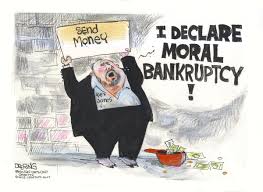
“My heart is hardened I cannot repent.”
by the final Act, he is unable to come back, spiritually or morally, leaving him without the capacity even for remorse. Act 5, Scene 2/
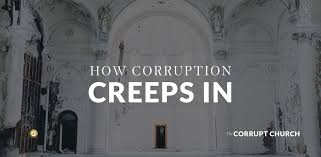
"bell book and candle, candle book and bell. Forward and backwards to curse Faustus to hell"
"We shall be cursed with bell book and candle"
Mocking religious corruption as the play satirises catholicism and protestantism. He is also saying that the pope may say one thing but the system around him might also agree. He is stating that it is the SYSTEM and not one individual often that is the site of corruption.
" satirical depiction of pope--> spoken by Faustus it mocks the empty spirituality of the catholic churches rituals, religious practise has become performative rather than spiritual.
Act 3 Scene 1
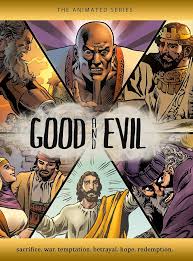
the good angel says “Sweet Faustus, think of heaven, and heavenly things.” and the bad angel says: “Think of honour and of wealth.”
So here we have a sense that something 'beyond us' like heaven is good and things that are earthly like pride and money are temptations. Like Enron, Faustus makes the temptation external (it's the angels fault! And remember Enron also says we're on the side of the angels - which angels) There is a link between what Skilling does and Faust, the Faustian bargain legitimised by other structures that already exist in society. A2 S1
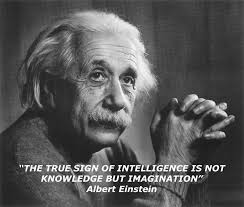
“Settle thy studies, Faustus.”
“These metaphysics of magicians / Are heavenly.”
Faustus dreams of being able to control all things, including nature and science however the play shows that ambition without ethics and morality will lead to destruction and collapse. That the things they are chasing are not worth chasing at all as they are illusions that create no value or moral goodness in the world. A1 S1

“Why, this is hell, nor am I out of it.”
Mephistopheles is actually saying that hell can be both a real and an imagined place. As even he, as the devil who is not at this moment in hell, is still feeling in a mental state that feels like it. A1 S3
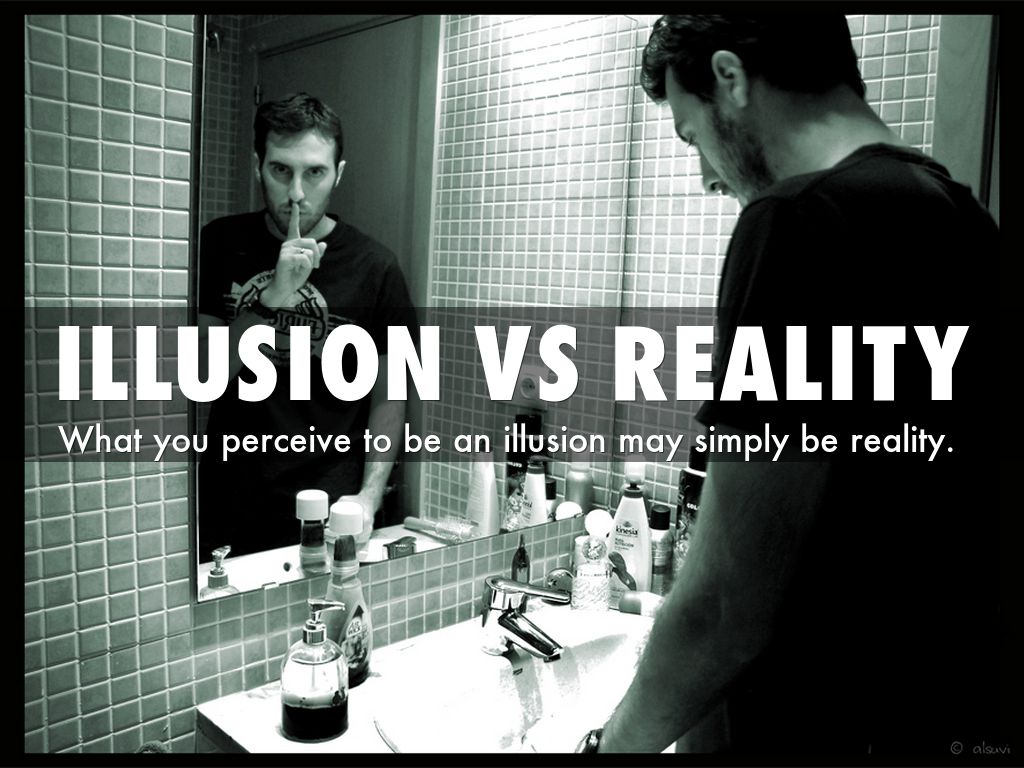
“Her lips suck forth my soul; see where it flies! / Come, Helen, come, give me my soul again.”
“My God, my God, look not so fierce on me!”
The line dramatises a desperate confusion between imagined divine leniency and the inexorable reality of damnation. It’s the psychological end of illusion. Helen